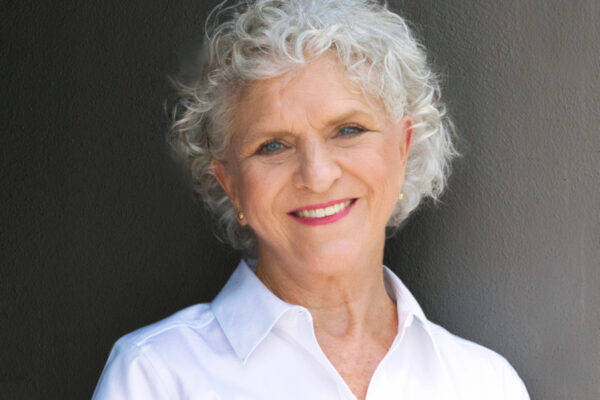Learn English. Learn Spanish… by all means, but do not give up your native tongue in the process! Mastering English at the expense of Spanish, is wrong.
Two is good, one and a half is not

I had an aunt in Pittsburgh, Pa. who had been living in that city for over 50 years and managed to accomplish the squaring of the circle linguistically: she neither spoke English nor Spanish.
Now, it takes talent to do that!
She made herself understood, I believe, but aside from the simplicities of daily activities she was unable to hold a decent conversation in either language.
She had an accent in both languages. She used broken grammar in both tongues. She mispronounced words in English and also in Spanish.
An American friend of mine in Madrid speaks what I call “infected English.” Instead of a long weekend he talks about the bridge. For him skillet is a sartén. A bus pass is a bonobus.
He sprinkles his speech with Spanish words and idioms, making his speech colorful but hard to understand.
His children do not speak English because he has not made the effort to talk to them in that language.
Languages need practice
Native speakers bask in the assurance that they will never forget their language.
Hard to believe perhaps, but our languages need constant dusting and brushing off, and daily practice, just as Andrés Segovia, the renowned guitarist, practiced the guitar daily for 8 hours when he was well over 80.
Music and language, sound, have a lot in common.
Contrary to what educators, politicians and native speakers think, language is a very serious matter.
Our brain communicates with other brains by means of language because telepathy is not yet a well-developed science. Time will tell.

Also read: Keeping the over-50 brain nimble and sharp
The world is full of people who have forgotten the language of their childhood.
Lack of exposure and practice has made their original tongue fade into oblivion. Languages disappear in families this way.
Send an eight-year-old child to China and deprive him of the use of his native tongue and he will surely forget it soon.
Older people fare worse, like my aunt above, they end up not having a good mastery of either language.
We learn about our own language when we try to master a foreign one
If you live in the States you must learn English well but an effort must be made to preserve Spanish and hand it down to your children.
And all those students of English and Spanish who put in many hours trying to master either tongue should bear in mind that two is good, one and a half is not.
Oddly enough we often learn about our own language when we try to master the grammar and complexities of a foreign one.
I want you to go: an infinitive follows I want. The translation is quiero que vayas, where quiero commands the subjunctive, vayas.
And Spanish speakers realize what the subjunctive is all about when they have to translate it into English. For English speakers this is more complex and intimidating, of course.
All languages are miracles of the human brain and we must master them, keep them and use them right, with reverence and care.
Nothing comes easy, as Spinoza taught us. So, remember the proverb: practice makes perfect.





Leave a Reply